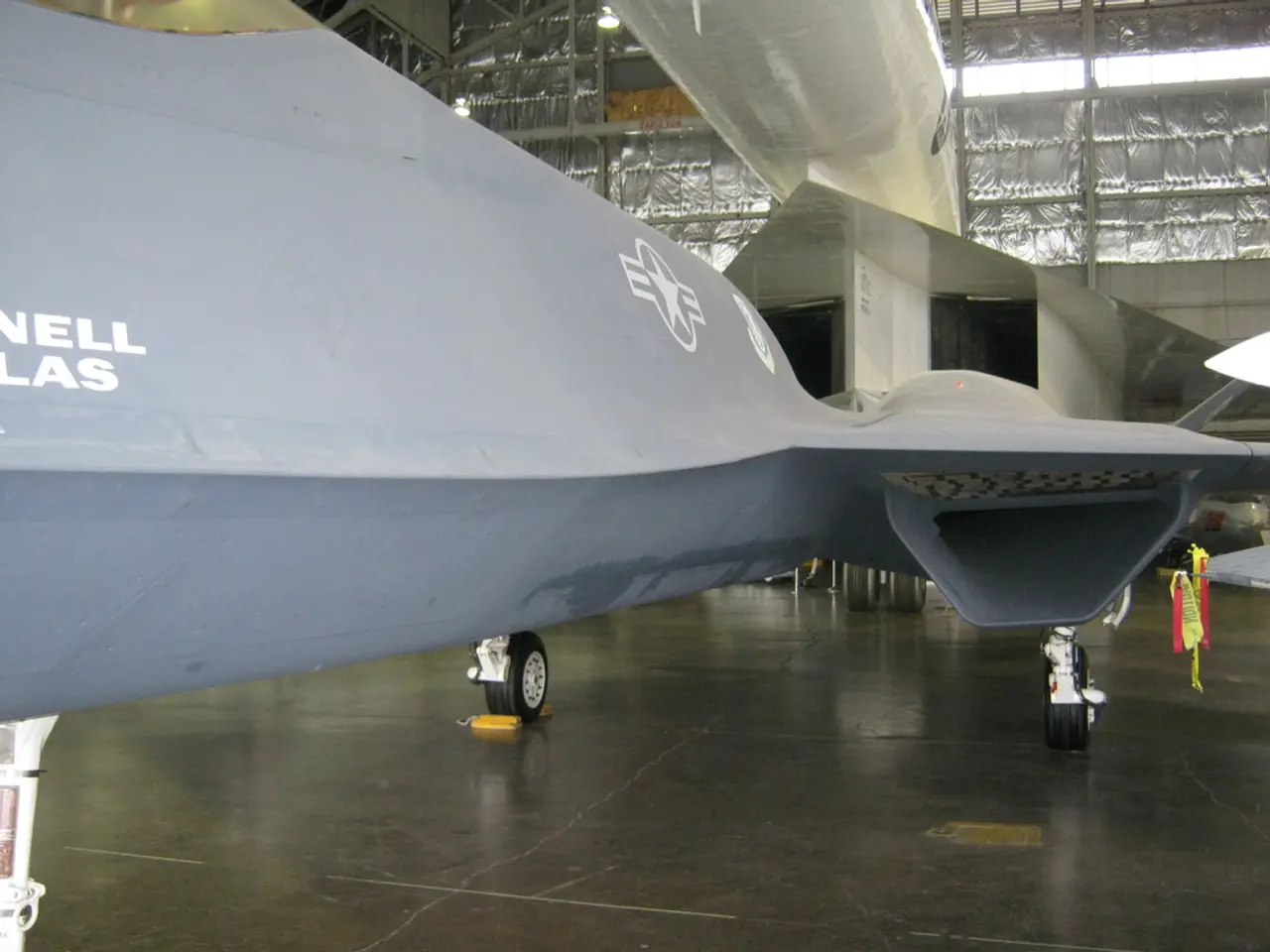Airline crew members conclude vote on potential work stoppage with Air Canada
Air Canada flight attendants have cast their votes in a significant strike mandate, with 99.7% in favour, signalling deep frustration over stalled contract negotiations regarding pay, unpaid work, pensions, and work rules [1][2][4][5]. The vote, which took place between July 28 and Tuesday, saw 94.6% participation from the more than 10,000 flight attendants represented by the Canadian Union of Public Employees (CUPE) [2][4].
The strike vote, however, does not immediately mean a strike will occur. It serves as a mandate to strike, and Air Canada remains committed to negotiations, viewing the vote as a normal step in bargaining [1]. A 21-day "cooling-off period" follows the unsuccessful conciliation process, ending on August 16. During this period, the union may issue a 72-hour strike notice if no agreement is reached [3]. If a strike notice is given, the earliest walkout could begin around August 20 [3].
The union is negotiating for higher wages and an "end to the abuse of unpaid work," citing that its members have lost "significant purchasing power" [1][5]. The ongoing negotiations between CUPE and Air Canada could potentially disrupt air travel for thousands of passengers, given that Air Canada averages more than 500 daily domestic flights, with 430 flights to the U.S. each day and more than 170 trips to international destinations [6].
Travelers are advised to have backup plans, including booking refundable fares and consulting travel professionals, since a strike could lead to widespread flight cancellations [4][5]. Both parties are expected to resume talks soon to avoid disruptions affecting hundreds of thousands of travelers during the peak summer season [1][2][5].
The union, which represents flight attendants who work on Air Canada's mainline and Rouge aircraft, called for the strike vote on July 25, following the conclusion of the conciliation process without a deal [7]. The cooling-off period started on July 25 when the union ended the conciliation process. The union is expected to announce the results of the strike vote in the evening on Tuesday [8].
In summary, the overwhelming strike vote empowers flight attendants to strike but the union can only legally issue strike notice after August 16, allowing a small window remaining for successful negotiation to prevent a strike [1][3][5]. The strike vote is a potential negotiating tactic in ongoing labor negotiations between the union and Air Canada.
The failing contract negotiations have extended beyond pay, pensions, and work rules to also include the issue of unpaid work, causing significant financial impact on the union's members. Meanwhile, the weather forecast for the peak summer travel season could soon be disrupted, as the union's future business decisions may lead to sports-like event cancellations for thousands of flights.




